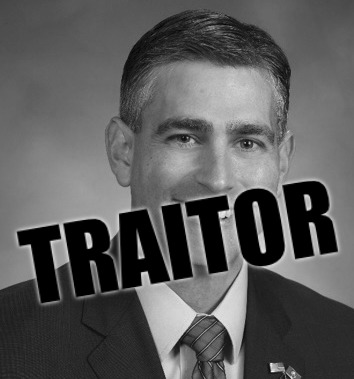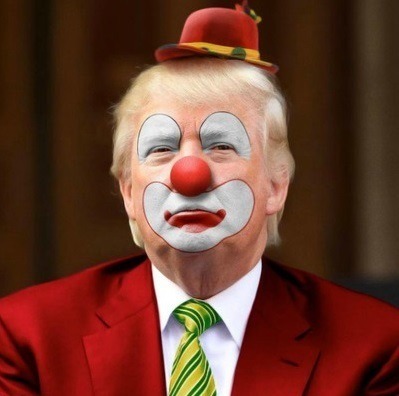The U.S. Constitution is clear: only Congress has the authority to control government spending. Article I, Section 9 gives Congress the exclusive power to allocate public funds, a crucial check on executive power. This ensures that no single branch can unilaterally decide how taxpayer money is spent. If Elon Musk and the Department of Government Efficiency (DOGE) bypass Congress and make decisions about government funding—such as reallocating resources or closing agencies without approval—they would be violating the Constitution.
The Constitution leaves no room for ambiguity when it comes to who controls spending. The president and executive agencies may propose budgets, but Congress must approve any funding. The system is designed to ensure that the people’s representatives have the final say on how public money is used. If the executive branch tries to take control of spending decisions without Congressional consent, it undermines the system of checks and balances.
Congress’s control over spending is a safeguard against executive overreach. Without it, the president could spend money without oversight, potentially abusing the power. The Constitution’s separation of powers exists to prevent any one branch of government from becoming too powerful. If Musk’s Department of Government Efficiency is making spending decisions without Congress, it would be an overstep of executive authority and a violation of the separation of powers.
If Musk and DOGE are making decisions about federal spending—such as eliminating jobs or shutting down agencies—without Congressional approval, those actions are unconstitutional. Such decisions should only be made by Congress through its appropriations process. If these actions continue, they are likely to face legal challenges, and the courts would be tasked with upholding the Constitution and Congress’s authority over spending.
Bypassing Congress on spending decisions also raises serious concerns about the practical effects of such actions. Reductions in government services and layoffs could disrupt critical programs that citizens rely on. Without Congressional oversight, these decisions could be made in a hasty or irresponsible manner, causing harm to the public and the functioning of the federal government.
Additionally, allowing a private individual like Elon Musk to influence government spending decisions poses serious ethical and legal risks. Musk has significant personal and business interests that could create conflicts of interest. His involvement in federal spending decisions could undermine the integrity of the government and raise security concerns, especially if sensitive information or resources are involved.
If Musk and DOGE continue to act outside the Constitution, Congress will need to challenge these actions. Legal experts are likely to argue that the executive branch is overstepping its authority. The courts would have the final say, and they would likely reaffirm that only Congress has the power to allocate government funds.
In short, if the Department of Government Efficiency acts without Congressional approval, it is acting unconstitutionally. The Constitution is clear on the power of the purse, and any attempt to bypass Congress will face serious legal challenges. The courts will ultimately determine whether these actions violate the Constitution, and the outcome will reinforce the importance of Congressional control over federal spending.





